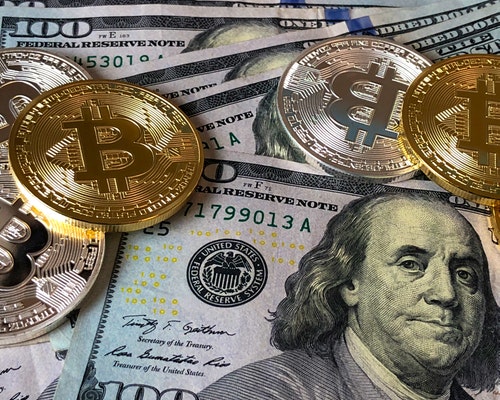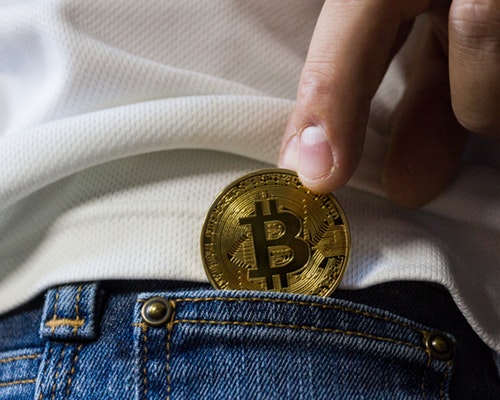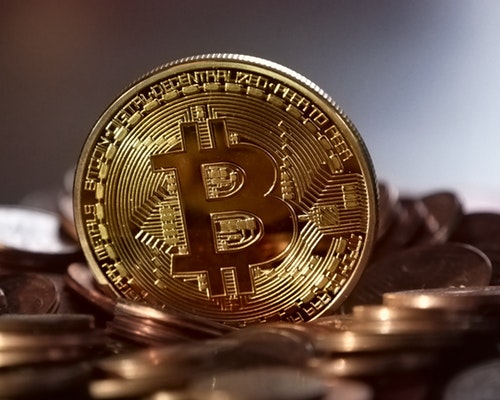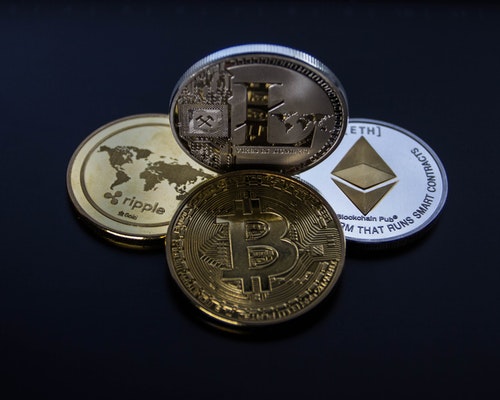If Bitcoin and other “crypto-assets” are singled out as ultra-risky speculative instruments, a consensus is emerging to greet much more favorably the rise of ICO, or Initial Coin Offerings, these emissions of “currencies” virtual or slightly digital tokens, made by companies or business projects that rely on block chain technology, to raise funds, for the moment, out of any regulatory framework. In France, this market is structured and professionalized at high speed. Especially at the instigation of the public authorities: the Autorite des marchés financiers (AMF) has taken the pioneer of the subject and is preparing to apply a legal framework.
This label awarded to operations according to predefined criteria (relevant information, transparent procedure, subscriptions under sequestration until the end of the process), will create “a precedent on a global level ” according to the director of the division Fintech, Innovation, and Competitiveness of the AMF, Franck Guiader.
 |
 |
 |
 |
There is no doubt that it is urgent to legislate. In the world, after the $ 3.8 billion raised through nearly 900 ICO last year, the meter of the year 2018 waves of panic with already more than 3 billion through 540 operations in just four months. In France, the phenomenon is more modest, but the boom is real and contrasts with the flat calm of the introductions to the Paris Stock Exchange:
“In 2017 and integrating the first quarter, nearly 40 ICO projects were presented to us,” said AMF President Robert Ophele on Tuesday at the same conference. “The” tokenization “of finance is a heavy trend, which should not be fought but to accompany through a framework that allows its growth in a more secure environment than today,” he insisted.
This is reassuring for institutional players, who are beginning to take an interest in ICOs. For example, a primary communications agency, a renowned audit firm and a well-established investment fund are among the first to jump on the “ICO” train.
